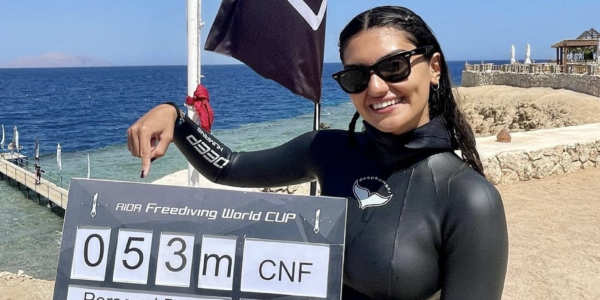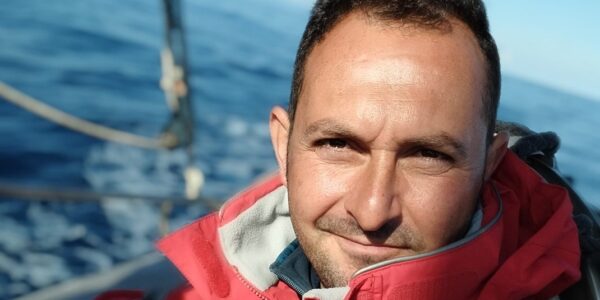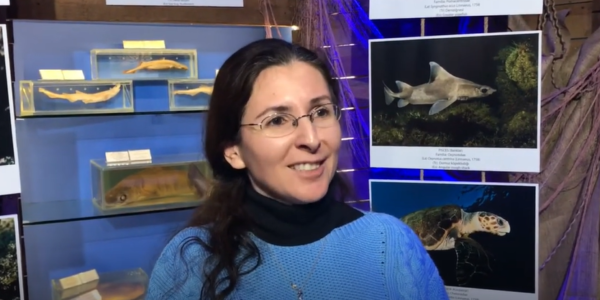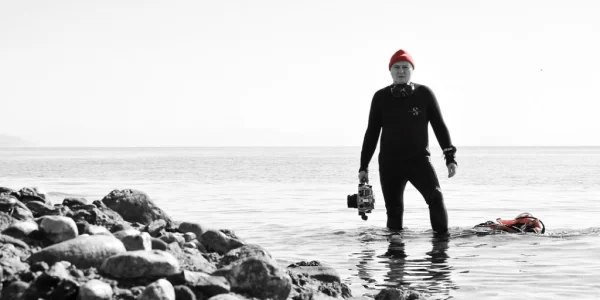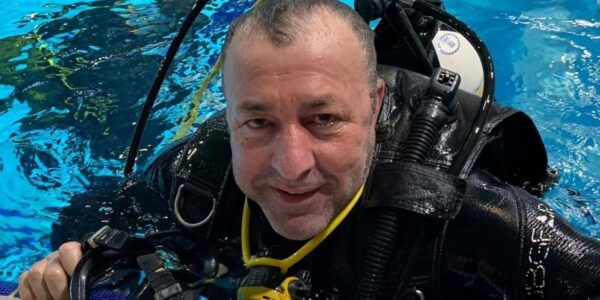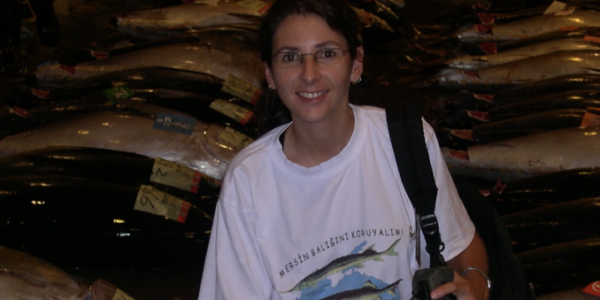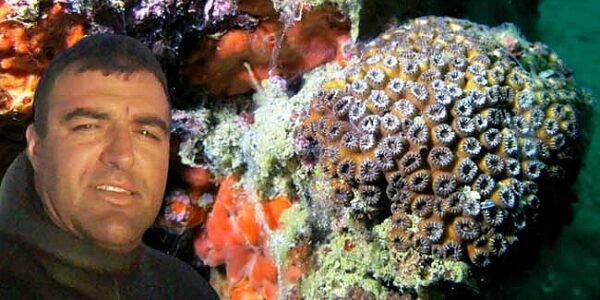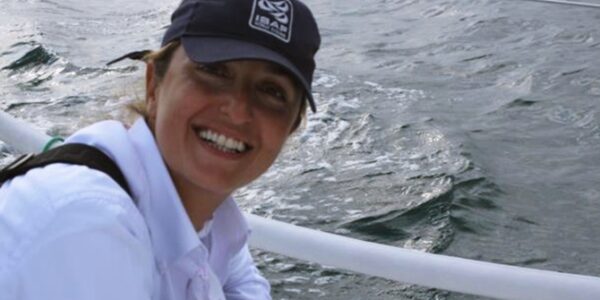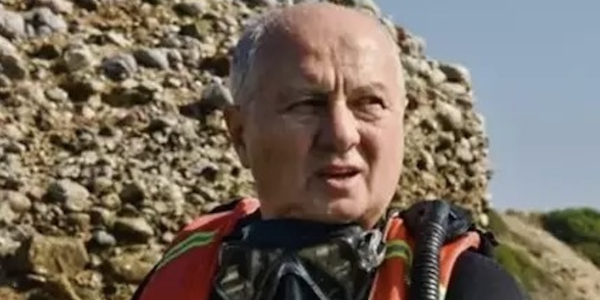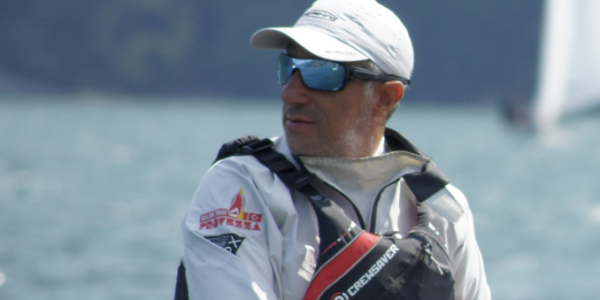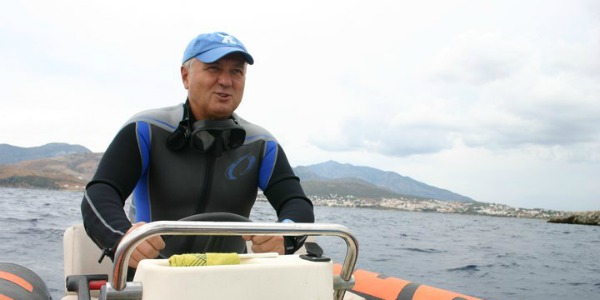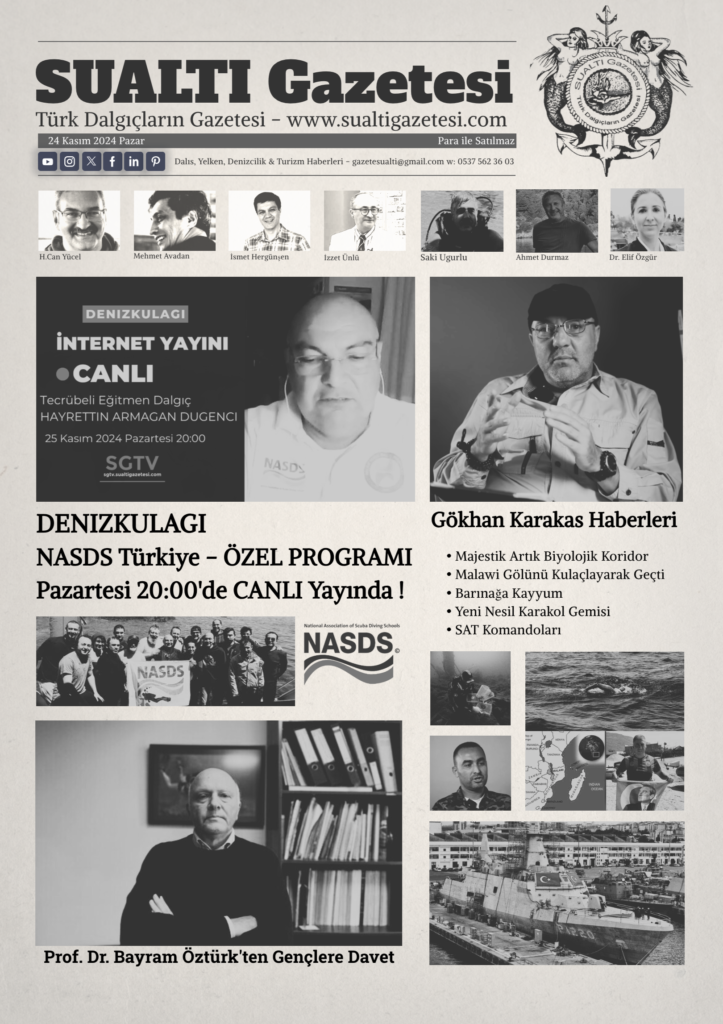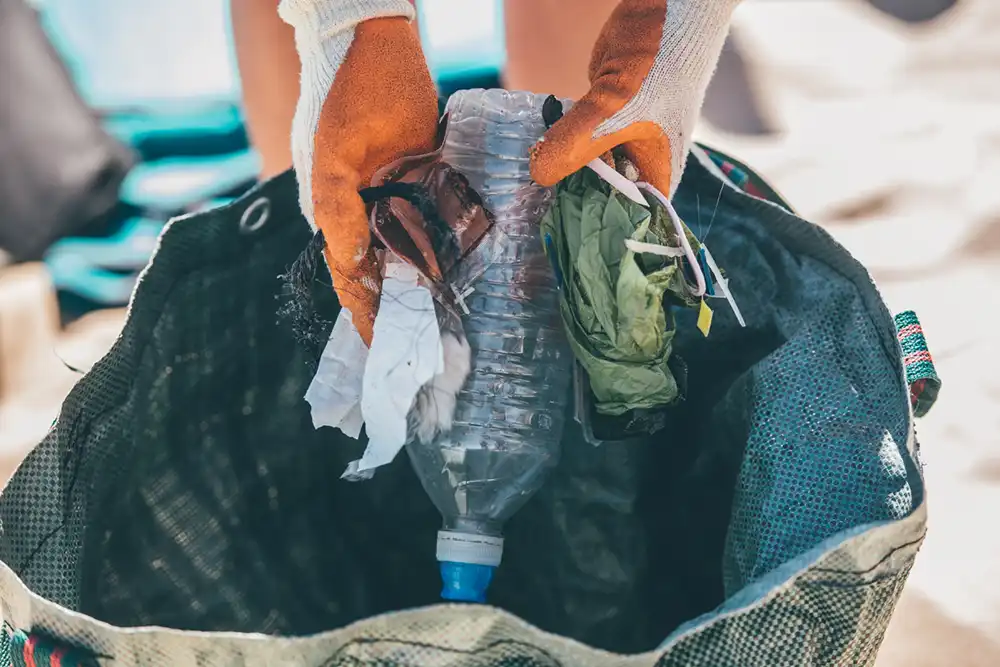
The Marine Conservation Society has released data from its 2024 beach cleans showing that the amount of plastic washed up on the UK’s beaches increased by nearly 10 per cent over 2023.
The charity’s annual State of Our Beaches 2024 report found that volunteer beach cleaners collected and recorded 764,451 pieces of litter around the UK, an average of 170 items per 100 metres of coastline.
Household litter represented 46 per cent of all litter found on the beaches, some of which would have been dropped on or near the beaches, others which would have washed into the sea rivers, drainage and sewage outlets.
Plastic fragments topped the list of the most commonly found litter items, followed by single-use plastic packets such as those used for crisps, sweets, and sandwiches. Other items such as bottle caps and container lids were found in the majority of locations, as were strings and other cords, which pose serious threats to marine life.
‘Thanks to over 15,000 volunteers last year, the data from our beach cleans is clear: plastic pollution remains a huge problem for our marine environment,’ said Lizzie Price, MCS Beachwatch Manager. ‘ We urgently need more policies to reduce single-use plastics and ensure better waste management.
‘Everyone has a role to play in protecting our oceans, and we urge the public to support stronger action against plastic waste, as well as cut down plastic from their everyday use.’
Plastics endanger marine life through ingestion, entanglement and toxic contamination. Seabirds, seals, and fish often mistake plastic for food, leading to internal injuries, starvation, and even death.
Microplastics – tiny plastic particles created as larger items break down – are now present throughout all areas and depths of the world’s oceans, and have made their way into the food chain where they pose a long-term threat to both wildlife and human health.
MCS says that although there has been an increasing trend in the amount of plastic litter collected over the 31 years of the charity’s beach cleans, it is not clear why there has been an increase over the past year. Annual fluctuations show the lowest amount of plastic was found in 1994, and the highest in 2012.
The data collected during the beach cleans contributes to a dataset compiled by MCS over the last three decades which enables the team to identify common litter items, their sources and trends, and use the evidence to campaign for cleaner and healthier seas.
The charity is calling for urgent policy changes to tackle the issue at its source, including stronger legislation to curb the use of single-use plastics and the introduction of the delayed bottle Deposit Return Scheme, now scheduled for October 2027
‘The findings highlight the persistent problem of plastic pollution and the need for a circular economy in which consumers have more options and access to use refillable and reusable products,’ said Catherine Gemmell, Policy and Advocacy Manager at the Marine Conservation Society. ‘We need more policies by the UK Government, and incentives for businesses, to cut down on the single-use plastic that we’re producing.’
The Marine Conservation Society’s beach cleaning events, partially funded over the last 10 years by players of the People’s Postcode Lottery, are held regularly at beaches around the British Isles. Head to the MCS Beach Clean web page to find one happening near you.
The post Plastic litter increases by nearly 10 per cent on UK beaches appeared first on DIVE Magazine.


